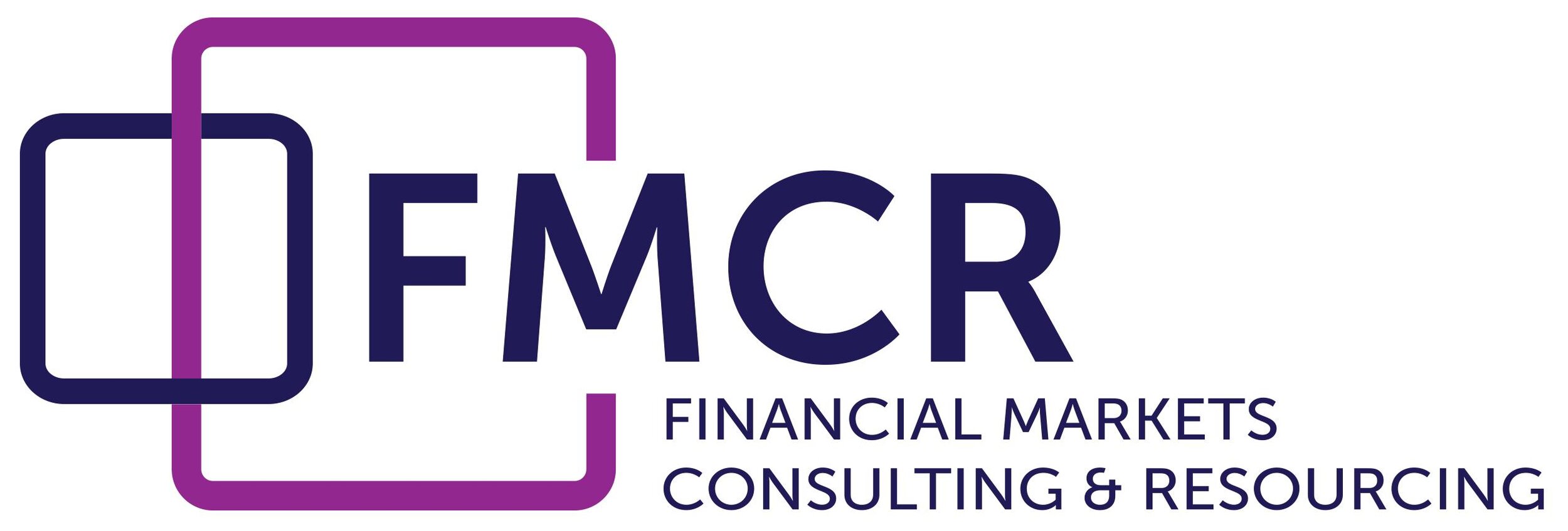Are FX hedges transforming into "speculative" trades?
As the coronavirus piles mounting pressure on businesses with sharply diminished activity levels and falling revenues, many are finding the pandemic is also impacting their FX hedge portfolio.
Companies which trade across borders will usually hedge their FX exposure, commonly using FX Forward contracts.
For example, a UK manufacturer which imports raw materials from Europe will buy its Euros (selling GBP) ‘forward’ to meet future bills from their suppliers.
As the coronavirus crisis reduces demand for the company’s products, and consequently their need for imported materials, these hedges effectively become naked positions, as they are stripped of the underlying exposure they were previously hedging. The hedges deviate from their original purpose into outright “speculative” positions.
Looking at it from another angle, the exporting company could experience reduced demand for their products overseas, thus similarly meaning that some of the FX hedges are not required now.
Due to this knock-on effect, companies need to quickly re-assess their hedging needs:
Identify realistic forward currency requirements
Quantify any ‘over-hedged’ position
Reduce the size of hedge trades to match the new realistic requirements
Without action, companies will be effectively running “speculative” FX positions at a time of high market volatility.
P/L from these hedges may, therefore, become an income statement item as hedge accounting protection disappears.
FMCR is a specialist technical consultancy firm with experience in FX hedging and can provide consultancy services on all aspects of corporate financial risk management.


